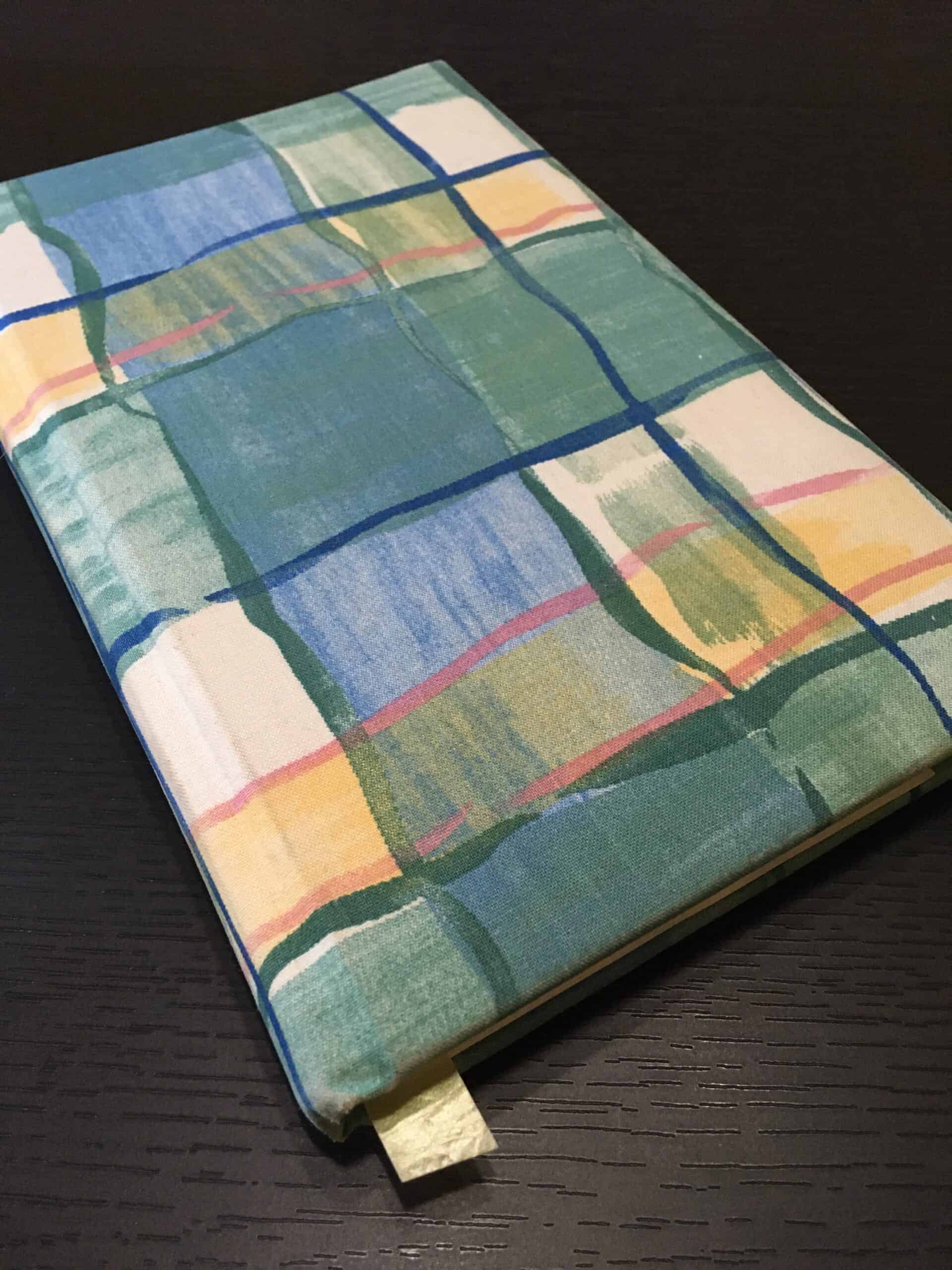I’m an extremely sentimental person, especially about people. Someone recently asked, “Do you collect people?” Why yes, yes I do.
If you and I have had any remotely significant relationship at any point in my life for any length of time, you are a piece of me. For better or for worse. Regardless the state of the relationship now, how the relationship ended (if it ended), or the amount of time since we last spoke.
If you stuck with me through a difficult period of my life, that is embedded in me. I have perhaps thanked people too much?
This used to be more true with tangible items as well. Don’t get me wrong—I still hang on to things longer than perhaps is needed. But I’ve gotten better at using and/or getting rid of sentimental things if their only function is sentimentality. (That said, I do still have a box of childhood memorabilia. Know anyone who wants some Garbage Pail Kid cards?)
My senior year of high school, aware that graduation was a giant shifting point and that friendships were going to change and maybe dissolve, I bought a blank journal and gave it to friends to write in. I promised them that I wasn’t going to share their writing with anyone else and asked them not to read what had been written in it before. Write, draw, include photos, whatever. Memorialize our time together.
They did. I have this journal, this fossilization of my closest relationships at the time.
I had expected them to use up the whole journal—an unreasonable expectation, really—and I had plenty of room left.
College graduation, I made the same request.
Before I moved to Arizona, same thing.
The last entries I have are from 2006, not long after I graduated from grad school.
(And still, plenty of blank pages.)
Since then, there haven’t been such distinct beginnings and endings. Friends have come and gone, and there are people who I am sad not to have this fossilization of.
I unearthed this journal as I was cleaning out my night stand, which is apparently where I’d most recently decided to store it.
It got me to thinking about how different life transitions are, absent blatant mile markers. And how some things instigate unexpected fissures.
I could have asked people to write in my journal when I went through cancer treatments, and maybe I should have, but it didn’t feel like a transition (it was), and I didn’t want entries to be full of cancer stuff (still true).
I’ve only had one job where I had real work friends, and most of them had changed to other jobs before I left that campus. As a result, I didn’t even think about bringing out the journal for those friends at that transition point. We had already shifted.
Having a kid is a huge transition point, but memorializing friendships at that time wasn’t on my radar.
Beginning of the pandemic would have been a great time, but who was in that kind of head space at that time?
In some cases, the transitions have become more subtle, and in others, overwhelmed by more dominant considerations.
I know a lot of people frustrated by the difficulty in creating and maintaining adult friendships. Even with that shared frustration, we’re still somehow unable to connect and stay connected.
Imagine if two enormous shifts happened:
First, work became less of the centerpiece for people’s lives. Fewer hours, less stress, enough money. I think part of why people spend so much time watching TV or doom scrolling instead of doing literally anything else is that the work day drains people, regardless their industry. Different types of draining, but the common bond of tired exists.
Second, work in the home became balanced. All capable people contribute to the condition of the household, the planning/preparing/cleaning up of eating, the laundry, the keeping track of appointments and practices and homework and parties and on and on. These tasks typically fall disproportionately to women—who are frequently in charge of keeping after the others who are supposed to be doing them—and it’s exhausting. There are no days off.
If either or both of those things changed, then I think more people would have more time and energy for extracurricular activities. Dad could go do his thing with his friends one night a week without resentment building. Mom could go do her thing one night a week without having to do all the work at home ahead of time. Families could trade weekends watching each other’s kids so they can have an adult night out without the logistics of babysitters or over-reliance on local family.
(I don’t think relying on local family is bad at all. I do think that some people feel trapped in toxic family situations because they rely solely on their parents for child care.)
If everyone had time to do their own thing with their own people, if couples with kids had time to connect on a regular basis without the kids, we’d all be a lot happier. It wouldn’t be perfect—nothing is perfect—but I think it would be amazing.
What do you think?
